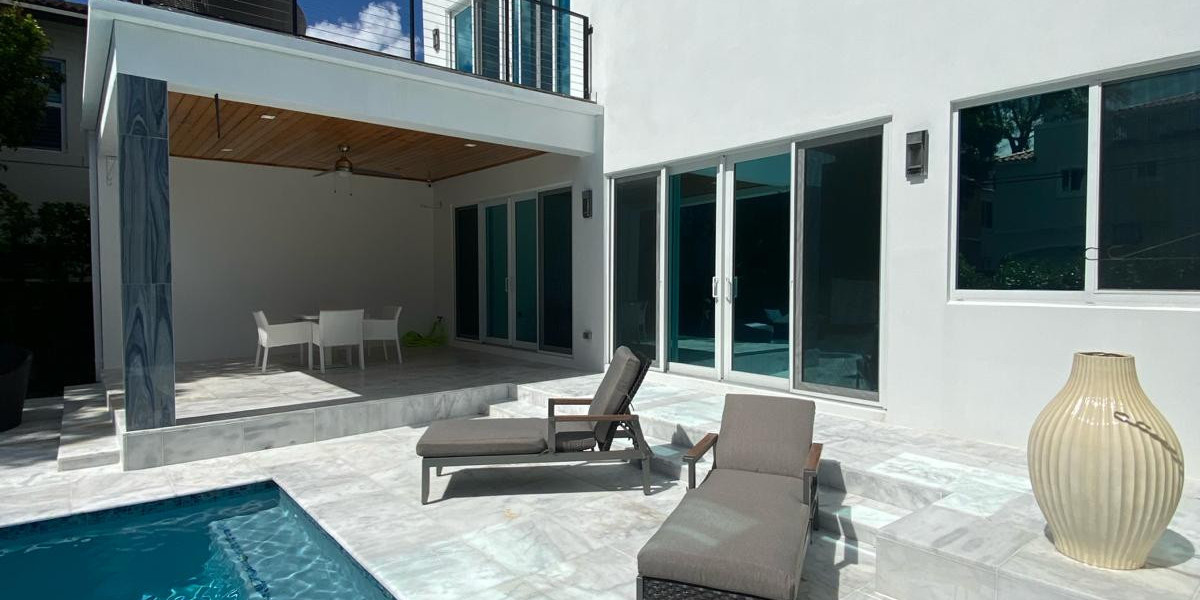Residential window tinting has become an increasingly popular option for homeowners looking to enhance energy efficiency, privacy, and protection from harmful UV rays. However, like any home improvement decision, it has advantages and disadvantages. This guide will delve deep into the pros and cons of residential window tinting, helping you determine whether it is worth the investment.
The Pros of Residential Window Tinting
1. Enhanced Energy Efficiency
One of the most significant benefits of window tinting for homes is improved energy efficiency. Tinted windows reduce heat gain during summer and prevent heat loss in winter, resulting in lower energy bills and reduced strain on HVAC systems.
2. Protection Against Harmful UV Rays
UV rays can cause fading of furniture, flooring, and artwork. Window tints block up to 99% of UV rays, preserving the interior of your home and reducing the risk of skin damage caused by prolonged sun exposure.
3. Increased Privacy and Security
Tinted windows offer an added layer of privacy, preventing outsiders from peering into your home. Some films even provide shatter resistance, holding glass together in case of breakage, which enhances security.
4. Glare Reduction
Excessive glare from the sun can make watching TV or working on a computer difficult. Window tinting significantly reduces glare, improving comfort without relying on heavy curtains or blinds.
5. Aesthetic Appeal
Modern window films come in various shades and styles, allowing homeowners to enhance their property's curb appeal while providing a sleek, contemporary look.
The Cons of Residential Window Tinting
1. Initial Installation Costs
While window tinting saves money in the long run, the upfront cost can be high, depending on the size of your home and the quality of the film used.
2. Potential Warranty Issues
Some window manufacturers void warranties if tinting films are applied. Before proceeding, check with your window manufacturer to avoid unexpected issues.
3. Limited Nighttime Privacy
During the day, tinted windows offer excellent privacy. However, when indoor lights are on at night, the effect diminishes, and outsiders may still be able to see inside unless additional coverings like curtains are used.
4. Risk of Improper Installation
Low-quality films or incorrect application can result in bubbling, peeling, and reduced durability. It's crucial to hireprofessionall installers to ensure longevity and optimal performance.
5. Potential for Darkened Interiors
While tints reduce glare and UV exposure, they can also darken your interiors, making some rooms appear less vibrant and potentially requiring additional indoor lighting during daytime hours.
Is Residential Window Tinting Worth It?
The decision to install residential window tinting depends on your specific needs. Investing in window tinting is a wise choice if you live in a region with extreme temperatures, high UV exposure, or privacy concerns. However, it may not be the best solution for those whoprioritizee unobstructed natural light or have window warranty constraints.
Opt for high-quality films and hire professional installers to ensure seamless application and long-term durability tomaximizee the benefits.
Residential window tinting offers numerous advantages, from energy savings and UV protection to increased privacy and enhanced aesthetics. While some drawbacks exist, most homeowners find that the benefits outweigh the cons. If done correctly, window tinting can be a worthwhile investment that enhances comfort and property value.







